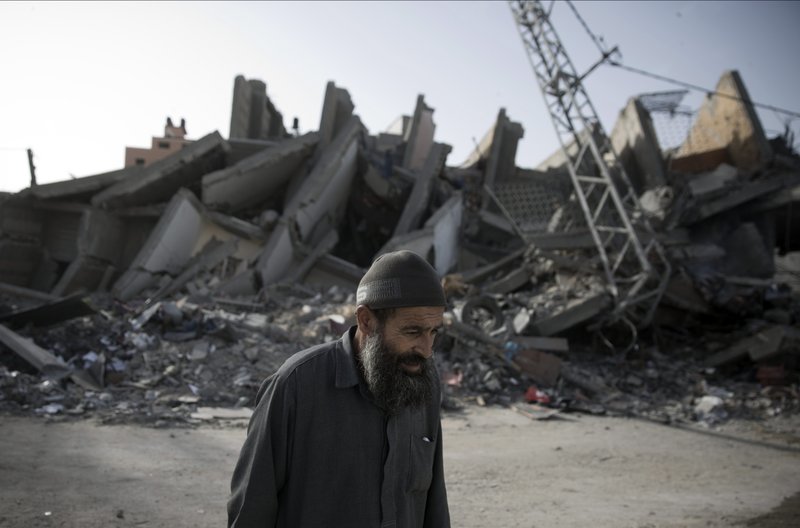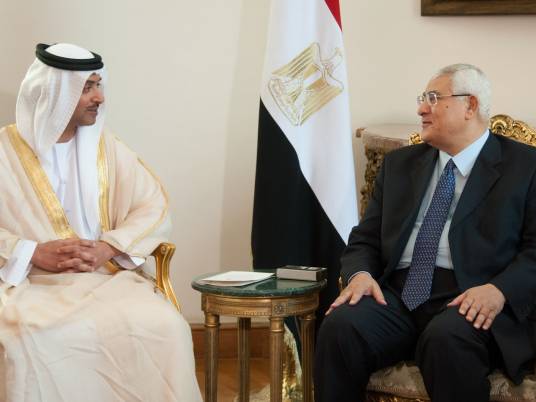Political instability has caused Egypt’s economic competitiveness to tumble from 107th to 118th out of 148 countries, according to Global Competitiveness Index (GCI), an annual report issued by the World Economic Forum.
The report attributed this decline to the country’s continued transitions since the events of the Arab Spring. “The deteriorating security situation and tenacious political instability are undermining Egypt’s competitiveness and its growth potential going forward,” the report said.
Yousri El-Azabawi, researcher and economic expert at Ahram Center for Strategic Studies, agreed, citing both the lack of security and political stability as the two main causes of economic malaise and withdrawal of investments. The former represented only 13.8 percent of GDP in the first six months of 2013, compared to the 22 percent targeted.
“Besides, there is no clear economic plan conducted by either the recent interim government or the former one, run by Mohammed Morsy,” El-Azabawi added.
The report mainly based on the country’s economic performance on three pillars: efficiency enhancers, innovation and sophistication factors.
Egypt’s rank has been in retreat over the last four years, falling from 70th position out of 133 countries from 2009 to 2010. The year after it sank to 81st place of 139 countries, followed by a further drive from 2011 to 2012 to 94th among 142 countries.
Commenting on the frequent decline of Egypt’s rank over the last four years, El-Azabawi said that this is a normal result of a continuously stumbling government, especially considering that most of the economic reports issued by the government at that time was almost “unrealistic.”
As usual, the top 10 places this year remain occupied by a number of European countries, with Switzerland, Finland, Germany, Sweden, the Netherlands and the United Kingdom characterizing their places among the most competitive economies.
Only three Asian countries ranked in top 10, with Singapore remaining the second-most competitive economy in the world, with Hong Kong and Japan placing 7th and 9th respectively.
Poor efficiency and basic requirements
The decline this year is due to what the CGI has attributed to Egypt’s lack of “basic requirements” and “efficiency enhancers” in the economy.
Basic requirements are defined as the institutions, infrastructure, macroeconomic stability as well as health and primary education, which make up the foundation of any successful economy. In most of these terms, Egypt rated poorly this year, except for health indices, which saw improvement. Primary education, however, lurched back.
Efficiency enhancers are the second most important part of an economy, which greatly increase competitiveness. These factors include, higher education and training, goods market efficiency, labor market efficiency, financial market sophistication, technological readiness ad market size. Egypt requires vast improves in these fields as well, according to the report.
Requesting loans means lower economic competitiveness
“We’re experiencing a critical economic impasse due to the halting of most sectors’ operations and the closure of many factories apart from the agriculture sector,” said Magdy Toulba, an economic expert.
Toulba pointed out that a large reason for the Egypt’s drop in ranking is that lately the government has been relying on nothing but aid, which has caused a slowdown to the economy.
“It is logical we would fall back in economic competitiveness if all the countries are moving forward, boosting their economies, while Egypt lags behind due to the lack of economic improvements,” Toulba said.
El-Azabawi also pointed that the increase of the foreign aids, which pushed the external aid rating up, plays a large role in the slowdown of the economy, especially last year, with the governments’ belief in using aid as a temporarily painkiller.




